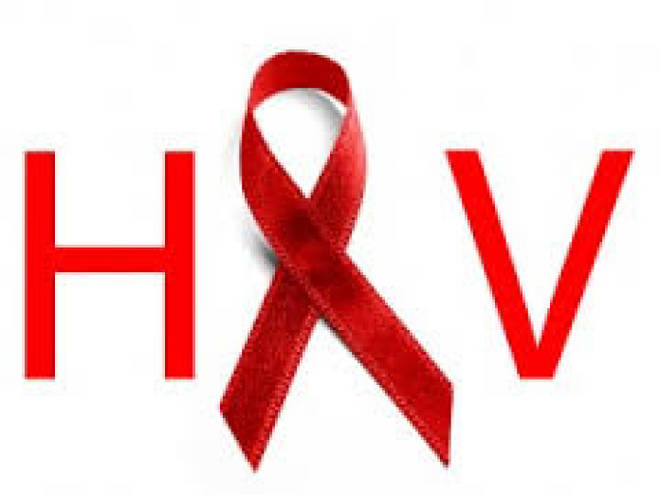New evidence has emerged to put to rest the long-standing concern that certain hormonal contraceptives might increase women’s risk of becoming infected with HIV.
The evidence, which comes from the highly-publicised Evidence for Contraceptive Options and HIV Outcomes (ECHO) trial, found there was no significant difference in risks of contracting HIV depending on the method of contraception women used.
In addition, it found high incidence of HIV among women in the countries where the trial was done—eSwatini, Kenya, South Africa and Zambia
ECHO was a randomized, open-label clinical trial conducted in four African countries that compared HIV risk among women on the three most commonly used methods of hormonal contraception: the DMPA-IM shot, a copper intrauterine device and a levonorgestrel implant.
“What all of these studies show is that we cannot isolate the prevention and treatment of HIV from the rest of people’s lives,” Lucy Stackpool-Moore, International AIDS Society Director of HIV Programmes and Advocacy, said.
“These issues are not separated in a person’s life and should not be segregated in healthcare systems. Truly integrated, comprehensive care means that a woman should be able to receive effective and quality contraceptive counselling, STI and TB screening and HIV care under one roof.”
The first study looked at the very high incidence of HIV among women and girls in South Africa, a country that has invested in scale up of HIV testing, antiretroviral therapy and pre-exposure prophylaxis (PrEP).
The ECHO trial included sexually active, HIV-negative women aged 16-35 years, seeking effective contraceptives and willing to be randomly assigned one of the three hormonal contraceptive methods.
Women were followed for 12-18 months across nine sites in South Africa, plus three in Kenya, the Kingdom of eSwatini and Zambia.
A total of 345 HIV infections occurred during the trial period, for an incidence of 4.51 per 100 woman-years of follow up. Incidence was higher than 3.30 per 100 woman-years at all South African sites; at one site, it reached 6.80 per 100 woman-years.
The second study compared risk of sexually transmitted infections among women using different methods of hormonal contraception.
The authors measured a baseline of 4.7% STI prevalence for Neisseria gonorrhoeae and 18.2% for Chlamydia trachomatis.
At the end of the trial, prevalence for gonorrhoea was 4.8% and 15.4% for chlamydia.
The third study found women elected to use pre-exposure prophylaxis when the choice was made available for them.
It leads the authors to recommend that integrating pre-exposure prophylaxis into larger intervention was feasible.
The evidence was presented at the ongoing 10th conference of the International AIDS Society in Mexico City.

 Join Daily Trust WhatsApp Community For Quick Access To News and Happenings Around You.
Join Daily Trust WhatsApp Community For Quick Access To News and Happenings Around You.


